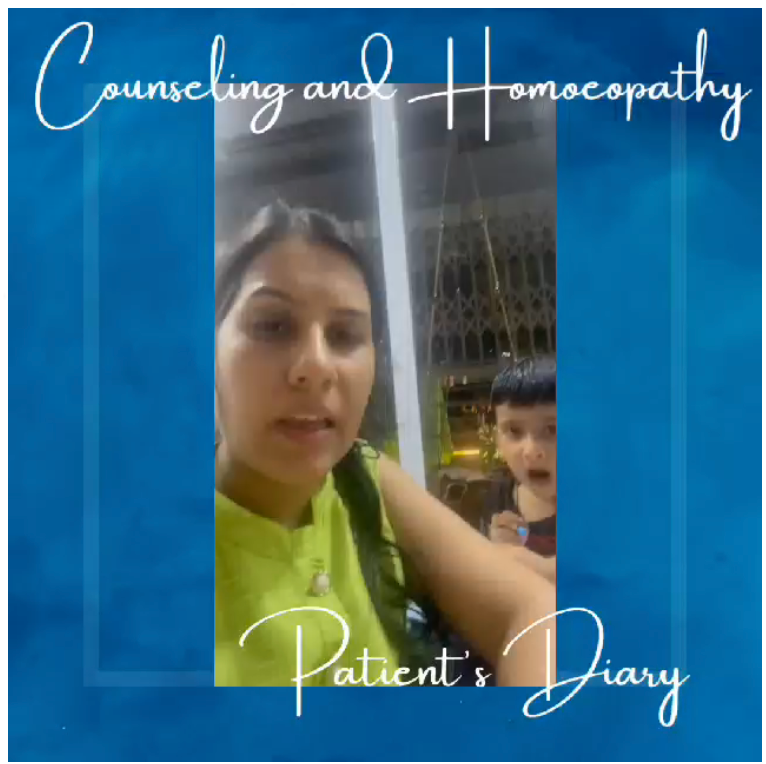
LETS UNDERSTAND ABOUT COUNSELLING IN SIMPLE LANGUAGE
DEFINITION: Counselling is a talking therapy that involves a trained therapist listening to you and helping you find ways to deal with emotional issues.
Sometimes, the term 'counselling' is used to refer to talking therapies in general, but counselling is also a type of therapy in its own right.
THERE ARE DIFFERENT WAYS OF ACCESSING COUNSELLING:
Counselling/therapy does not come in a cookie-cutter format and each session is generally tailored to the individual. There is flexibility within this type of therapy that allows for a variety of formats, including:
Face-to-face
his is when you make an appointment with a counsellor/therapist to see them in person, usually at their practice. Face-to-face sessions are one of the more popular therapy formats because they provide an opportunity for you to react to any emotions that arise there and then.
Individual or group
You may choose to see a counsellor/therapist by yourself, or if you prefer you could join a counselling group with people experiencing similar issues. Going to a group session can be helpful if you want to discuss your issues with people who are going through similar problems and you may even gain yourself a support network. Alternatively, you may wish to see a counsellor/therapist alone to preserve your privacy and concentrate on your own feelings.
Telephone counselling
For some, telephone counselling offers a helpful alternative to face-to-face counselling. This involves talking to your counsellor/therapist over the phone instead of in person. This form of therapy can be particularly useful for those too busy to attend face-to-face sessions and can be carried out in the comfort of your own home. This format also tends to be more flexible and can potentially reduce waiting list times.
Online counselling
Some people prefer to speak to their counsellor/therapist remotely, using video calling technology or emailing them instead. Video calling removes the barrier of distance, allowing you to choose a therapist regardless of location and speak to them from a safe space. Online counselling is an increasingly popular option, with more and more offering it.
Counselling can give you the time and space to work through any problems, issues, or worries you may be experiencing. Through working with a professional, impartial, experienced counsellor or therapist, you have the opportunity to open up about things you may feel uncomfortable or not ready to speak about with a loved one or friend.
HOW DOES COUNSELLING HELPS:
Counselling/therapy can be useful for anyone who wants to explore the way they're thinking or feeling further, as well as for anyone experiencing a problem or issue they are keen to resolve. People may choose to speak to a counsellor/therapist because they feel they cannot speak to their other half/friends/family about such personal issues, or they may simply wish to speak to a professional with an objective viewpoint.
Common subjects that can be addressed within counselling/therapy include the following:
Addictions or substance abuse
Wherever there is a physical addiction to a substance or activity - there is likely to be a psychological addiction too. Counselling/therapy aims to relieve psychological addiction by exploring the root cause while helping to develop new ways of thinking.
Bereavement
Losing a loved one is a difficult event in anyone's life. The loss can bring up a wide range of emotions including guilt and anger. Some people benefit from speaking openly to a counsellor about their feelings to help ease the process and resolve any remaining issues they may have.
Bullying
Being the victim of any form of abuse - verbal, emotional or physical - can lead to issues that may affect you all of your life. Counselling can offer victims the chance to seek help from authorities (if appropriate) as well as address the psychological repercussions in a safe environment.
Illness
Suffering from a long-term illness such as cancer or dementia can turn anyone's world upside down. Counselling can help sufferers come to terms with their illness while offering emotional support and coping mechanisms.
Mental health
Suffering from a mental health issue such as schizophrenia or depression can feel incredibly isolating. Counselling/therapy looks to discuss the feelings that arise in conjunction with these kinds of mental health issues, as well as overcome any personal challenges or frustrations.
Relationships
Covering all types of relationships, counselling can be used to discuss couple, marital, friendship and family issues. Problems could involve anything from a poor relationship with a parent, difficulties in a friendship or with a partner, or even your relationships at work.
Trauma
Whether you've been involved in an accident or you have been the victim of abuse, the psychological impact of trauma can last years after the event itself. In a counselling session, trauma victims are encouraged to explore their feelings regarding the incident and look into how these could be resolved or changed.
Other issues
Feelings of stress, anxiety and low self-esteem are becoming all too common in today's society. Counselling/therapy can offer practical advice for overcoming these kinds of issues, as well as allowing you the space to vent your frustrations and feelings.
LETS UNDERSTAND HOMOEOPATHY AND COUNSELLING…!
The use of homeopathic medicine in conjunction with the use of counselling to help speed up the process.
The use of counselling techniques helps you to deal with the emotional and psychological issues that are causing you to feel stressed or unhappy.
The homeopathic medicine helps support the healing process.

WHO COMES TO SEE A HOMOEOPATH OR A COUNSELLOR…?
Anyone can come, and that includes YOU.
You may need a homeopathic session, or just a counselling session or I might use homoeopathy and counselling as part of your treatment and management.
It all really depends on what is going on with you…
Some of the areas that I might be able to help you with include:
Self esteem issues
Overcoming depression
Stress and anxiety
Phobias and panic attacks
Assertiveness

